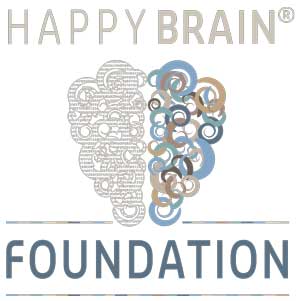The rapid changes in our dynamic world increase competitions and forecasting futuredevelopments is more and more difficult. Many scientists and new sciences try to find the recipe for long-lasting success. Analysing and testing these advices, using a logical way of reasoning for reaching long-term objectives, challenges the management of the organisations both in ‘doing the things right’ (the manager) as well as ‘doing the right things’ (the leader), – as Peter Drucker (2001) stated, – emphasising the role of human resources.
Our discussion paper is based on many years of research work on identifying the continuous developments of an organisation, analysing the requirements for adaptation by the human resources in the different phases during the life cycle of an organisation, the role of knowledge and information, thus the role of education. With this paper, we explicitly invite both scholars and practitioners to participate in the discussion to find solutions for the challenges we are facing in these dynamic contemporary times. The authors believe that organisations can only reach their objectives (reaching competitive advantage in the profit sector or societal effectiveness for governmental organisations and NGOs) via collaboration, networking and by sharing knowledge, skills and expertise. While the technological and managerial innovations and developments are available, the mindsets of human resources to share knowledge- and skills do not yet assure the fit of employees for their future. This discussion paper can thus only be seen as a first step towards improving our toolbox for dealing with change.
How to ensure sustainable success? – that is the question the authors are searching answers for. Given the fact that we are trying to understand the dynamically changing context organisations are facing. However, we are aware that proofing our view is hard. On the moment that we have a relevant set of cases to be studied, the context already changed that much, thatany prediction is useless.
Authors:
Emőke Takács1 and Toon Abcouwer2*
ERI Hungary – European Research Institute, Hungary1
University of Amsterdam, Netherlands2
*Corresponding Author: abcouwer@uva.nl
Read the articel: Framework for Adaptive Change: Towards Sustainable Innovation

